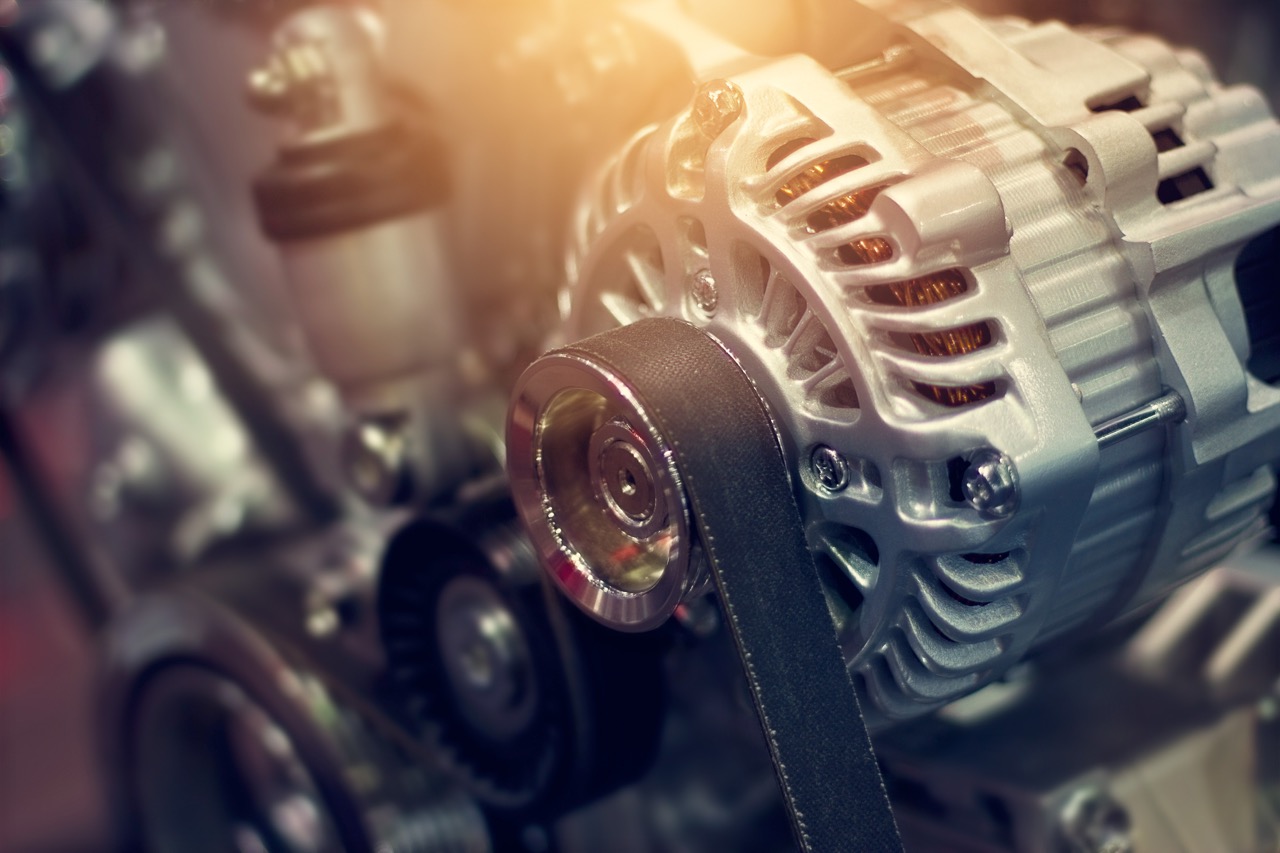
An engine is a complex machine, but it is essential to the function of a car. Without it, the car would not be able to move. The engine creates the power necessary to turn the wheels and propel the car forward. It is a vital part of the car and needs to be well-maintained for the car to run properly.
How The Engine Works
The engine block is where the cylinders are located. The crankshaft is connected to the pistons and turns in a circle. As it does so, it pushes on the connecting rods which in turn push down on the pistons. The pistons push against the valves, opening them and allowing air and fuel to enter the cylinder. This mixture is then ignited by a spark plug, causing an explosion. This explosion forces the piston back up and causes the crankshaft to turn. This process repeats over and over again, creating the power necessary to move the car.
Other Systems That Affect Engine Performance
There are many moving parts in a vehicle that affect engine performance, for good or bad. The engine is the heart of a car, but it relies on other systems to function properly. The fuel system supplies the engine with the gasoline or diesel necessary for combustion. The ignition system provides the spark that ignites the fuel-air mixture in the cylinders. The cooling system keeps the engine from overheating by circulating coolant through the radiator. If any of these systems are not working properly, it can affect the engine’s performance.
Prolonging the Life of the Engine
Your car’s engine is responsible for turning the fuel that you put into your tank into motion. It’s a complex machine, and if you want to get the most out of it, there are a few things you can do.
One of the most important things you can do for your engine is to keep up with regular oil changes. This will ensure that your engine is running smoothly and efficiently. Depending on how you drive, and in what conditions, you can expect to change the oil every 3,000 miles or every six months; whichever comes first. The following are some best driving practices you can implement to prolong the life of your engine.
Use the Right Fuel
Saving money at the fuel pump is top-of-mind for many drivers. However, using the wrong fuel to pay less per gallon can cause damage to your engine. It’s designed to perform at its best with a specific octane, and going lower or higher than what’s specified isn’t beneficial. Higher octane fuel won’t increase the performance of your engine, and lower octane fuel will initially save money but might end up costing you in the long run. Refer to your owner’s manual to determine what fuel you should be using to fill your tank.
Combine Trips
Avoid short trips whenever possible. Starting and stopping your engine puts a lot of wear and tear on it. If you can, combine errands into one trip so that your engine isn’t working harder than it needs to.
Slow, Speed Racer
Don’t push your car to its limits. If you’re redlining your engine constantly, you’re going to wear it out much faster than if you drive at a more moderate pace. Although it’s exciting to feel the power of your engine, it’s best to avoid going at its maximum speed for both safety reasons and the long-term health of the engine.
Watch the Weather
Did you know that driving in extreme weather conditions can wear out your engine? Hot weather can cause your engine to overheat, especially if you crank up the AC while driving. Cold weather can make it work harder than it needs to, and using the wrong motor oil in winter can be detrimental. If possible, avoid driving in extreme temperatures altogether to reduce the chances of overworking the engine.
It is important to maintain all the systems in a car to keep it running smoothly. Neglecting any one of them can lead to big problems down the road. By taking care of your car and keeping all its systems in good working order, you can avoid costly repairs and keep your engine running strong. If downtown Master Muffler can help you with tune-ups, oil changes, tire rotations, or more, give us a call today.
Related Posts
Key Takeaways On average, passenger vehicle tires last 40,000 to 60,000 miles, depending on type, driving habits, and maintenance. Replace tires when tread depth reaches 2/32”, if damaged, or older than 10 years. Regular rotation, alignment, and proper inflation extend tire life. Aggressive driving, poor roads, and harsh weather shorten tire lifespan. Take advantage [...]
When you think about car maintenance, you probably focus on oil changes, tire rotations, and maybe even brake pad replacement. But what about your brake fluid? If you’ve ever wondered, “What does brake fluid do?” or “Why is brake fluid important?”, you’re not alone. Brake fluid might not be the most talked-about part of [...]
Is that high-pitched squeal from your brakes driving you—and everyone else—crazy? Don’t ignore it. Squeaky brakes aren’t just annoying, they’re your car’s way of saying something needs attention. Whether you're cruising through Salt Lake City or winding up Idaho’s mountain passes, here’s what’s likely going on, how you can fix it, and when it [...]





